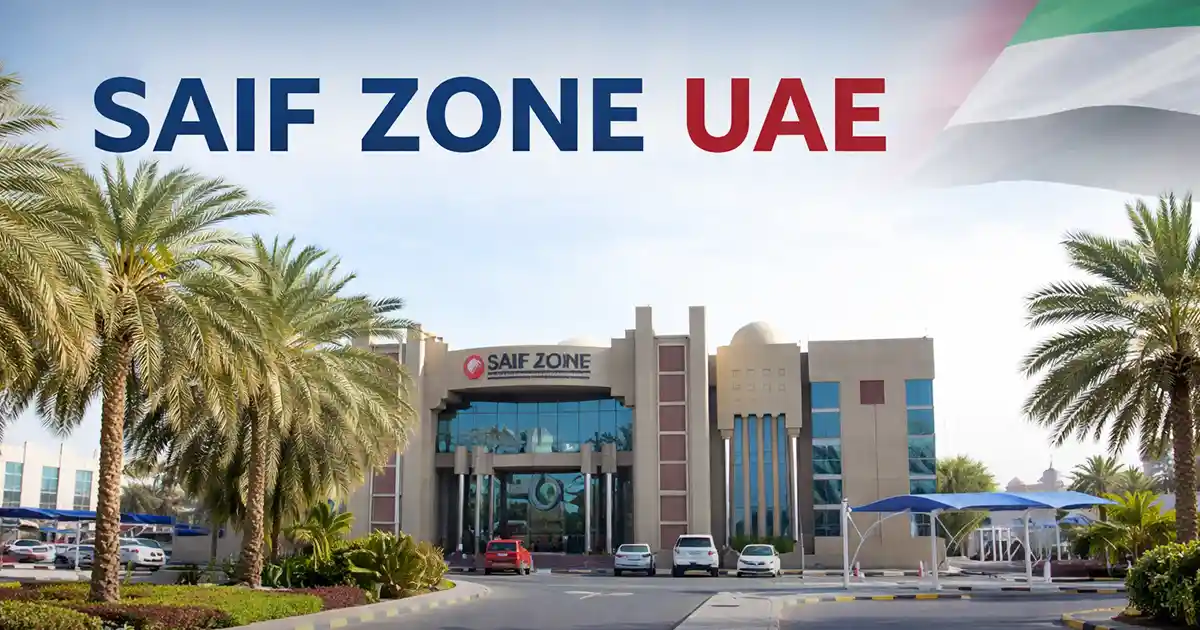Why Location Matters in Dubai for Businesses?
Choosing a business location in Dubai is more than picking an office; it affects your business strategy and growth.
- Impact on Licensing, Ownership, and Operations: Your chosen location directly determines the type of company license you need and the business activities you can conduct. It also dictates your ownership structure.
For example, while mainland companies now allow 100% foreign ownership in most sectors, free zones have always offered this benefit. Conversely, a free zone company is restricted from directly trading with the mainland market without specific approvals or a local agent.
- Update in 2025: Executive Council Resolution No. 11 of 2025 now allows many free zone companies to operate on the mainland. They can do so by obtaining a branch license or securing the necessary permits from the Dubai Department of Economy & Tourism (DET).
- Accessibility, Visibility, and Client Reach: The physical location impacts how easily clients can find and access your business. A retail business needs a visible location with high foot traffic, while a service-based company might prioritize proximity to its key corporate clients. A central location like Business Bay, Dubai, can provide a prestigious address and excellent connectivity.
- Regulatory and Cost Implications: Regulatory frameworks and costs vary significantly between locations. Free zones often have their own governing bodies and rules, and their license fees, visa packages, and office rental costs can differ from mainland rates. Understanding these variations is crucial for financial planning.
Learn more about how licensing costs differ in Dubai in this detailed Dubai license cost blog.
- Corporate Tax / VAT: UAE corporate tax of 9% applies on profits above AED 375,000. Free zone companies may receive tax exemptions on qualifying income. Additionally, VAT at 5% applies to relevant goods and services, leading to mandatory VAT registration.





